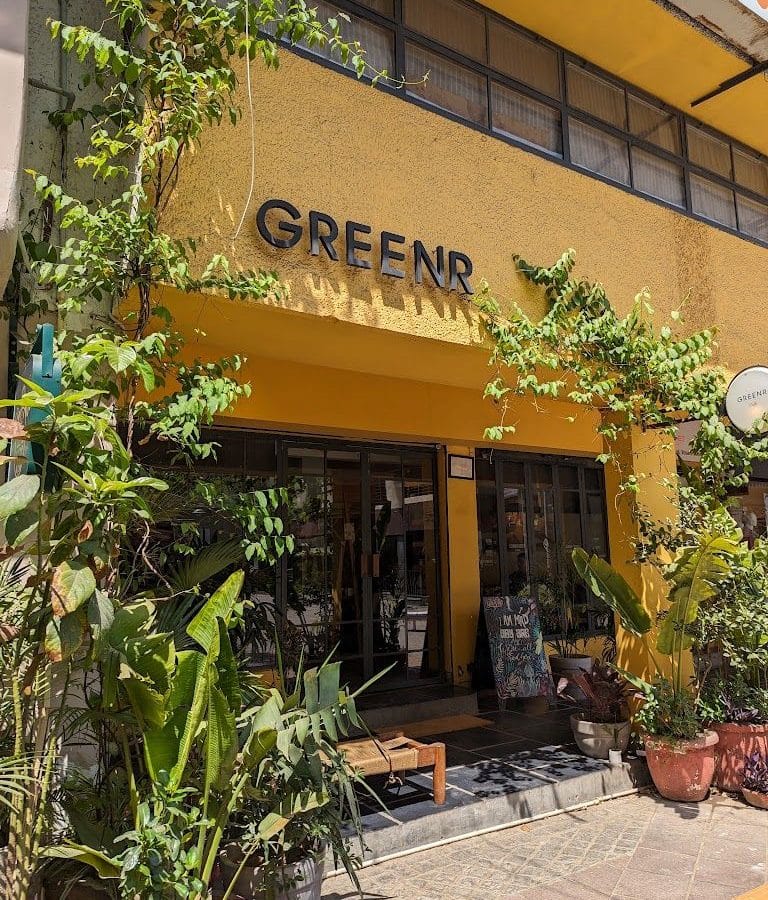Hotel kitchens are the heart of the hospitality industry. These spaces operate with high energy, producing chef masterpieces that delight guests. However, behind the scenes, hotel kitchens face significant challenges, the most critical being air quality.
The intense cooking processes, combined with heavy-duty appliances, produce smoke, grease, heat, and odours, which, if not managed properly, can impact the health of kitchen staff, the longevity of equipment, and even the dining experience. This is where high-quality kitchen chimneys emerge as a game-changer.
The Growing Need for Superior Air Quality Management
In commercial kitchens, particularly in hotels, maintaining clean and breathable air is much more than a matter of comfort. In fact, it’s essential for operational efficiency and compliance with safety standards. Unlike home kitchens, hotel kitchens run at full throttle, often producing large amounts of oil particles, smoke, and vapour. Without proper ventilation, these byproducts can lead to grease buildup on surfaces, unpleasant odours in dining areas, and long-term respiratory issues for chefs and staff.
High-quality kitchen chimneys offer multiple benefits in such situations: as an accessory as well as an essential investment. These advanced appliances are specifically designed to handle the rigorous demands of commercial kitchens, ensuring efficient extraction of smoke, odors, and airborne particles while improving air circulation.
Technology At The Forefront
Modern chimneys, like the ones offered by some of the leading brands out there, are equipped with advanced technology that caters to the demanding needs of hotel kitchens. Features such as BLDC motors bring unparalleled efficiency and performance to the table.
With up to 80% higher efficiency and 50% energy savings, these motors ensure that chimneys operate at peak performance while being environmentally conscious. Their speed range of 700 to 2000 RPM and 1 to 10-speed levels allows chefs to adjust settings based on the intensity of cooking, whether it’s gentle simmering or high-heat frying.
BLDC motors are also renowned for their low noise and vibration levels, creating a calmer work environment even during peak kitchen hours. Unlike traditional AC motors, BLDC motors generate no heat or electrical sparks, enhancing both safety and reliability. With a long operational life, they offer hoteliers a hassle-free solution that withstands the test of time.
Another innovation transforming hotel kitchens is the Smart Auto Clean feature in modern chimneys. This unique functionality schedules automatic cleaning cycles, eliminating the need for manual maintenance. Through prevention of grease buildup and maintaining optimal performance, the Smart Auto Clean feature reduces downtime, increases the chimney’s lifecycle, and ensures maximum efficiency with minimal intervention.
The Ripple Effect of Cleaner Air
Investing in high-quality chimneys does much more than merely enhancing air quality. Infact, it also has a ripple effect on various aspects of hotel operations. Cleaner air directly contributes to the health and morale of the kitchen staff, enabling them to work comfortably for longer hours. It also ensures that food preparation areas remain hygienic, a critical factor in maintaining the trust and satisfaction of hotel guests.
Furthermore, chimneys equipped with advanced filtration systems minimise the smell escaping into dining areas, ensuring that guests enjoy their meals without the interference of lingering kitchen smells. For hoteliers, this translates into an upscale dining experience, reinforcing the establishment’s reputation for excellence.
A Step Towards Sustainability
The role of high-quality chimneys in improving air quality also aligns with the growing emphasis on sustainability in the hospitality industry. Energy-efficient models not only reduce electricity consumption but also contribute to a greener footprint. Hoteliers who invest in such solutions demonstrate their focus upon both guest satisfaction and environmental responsibility.





